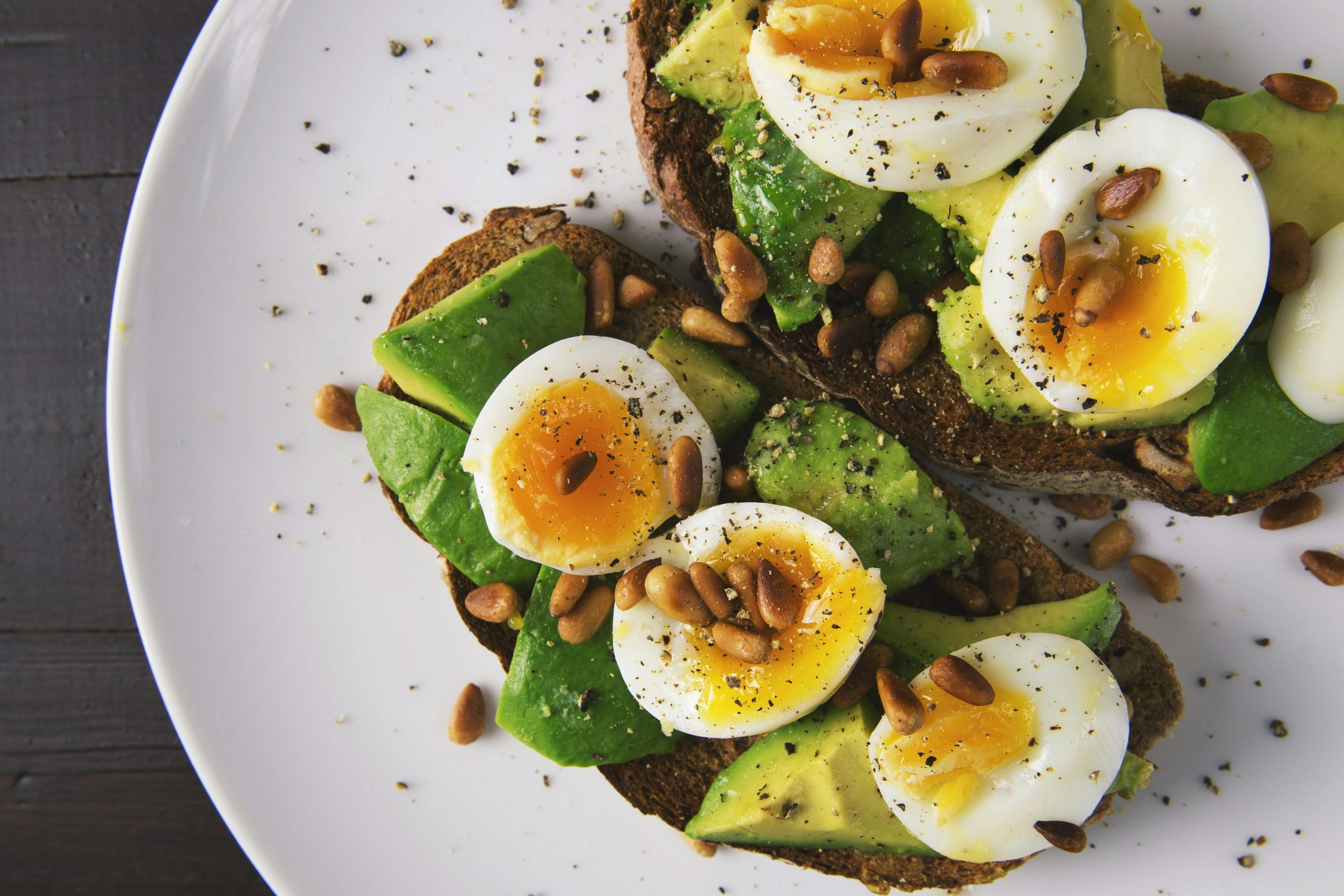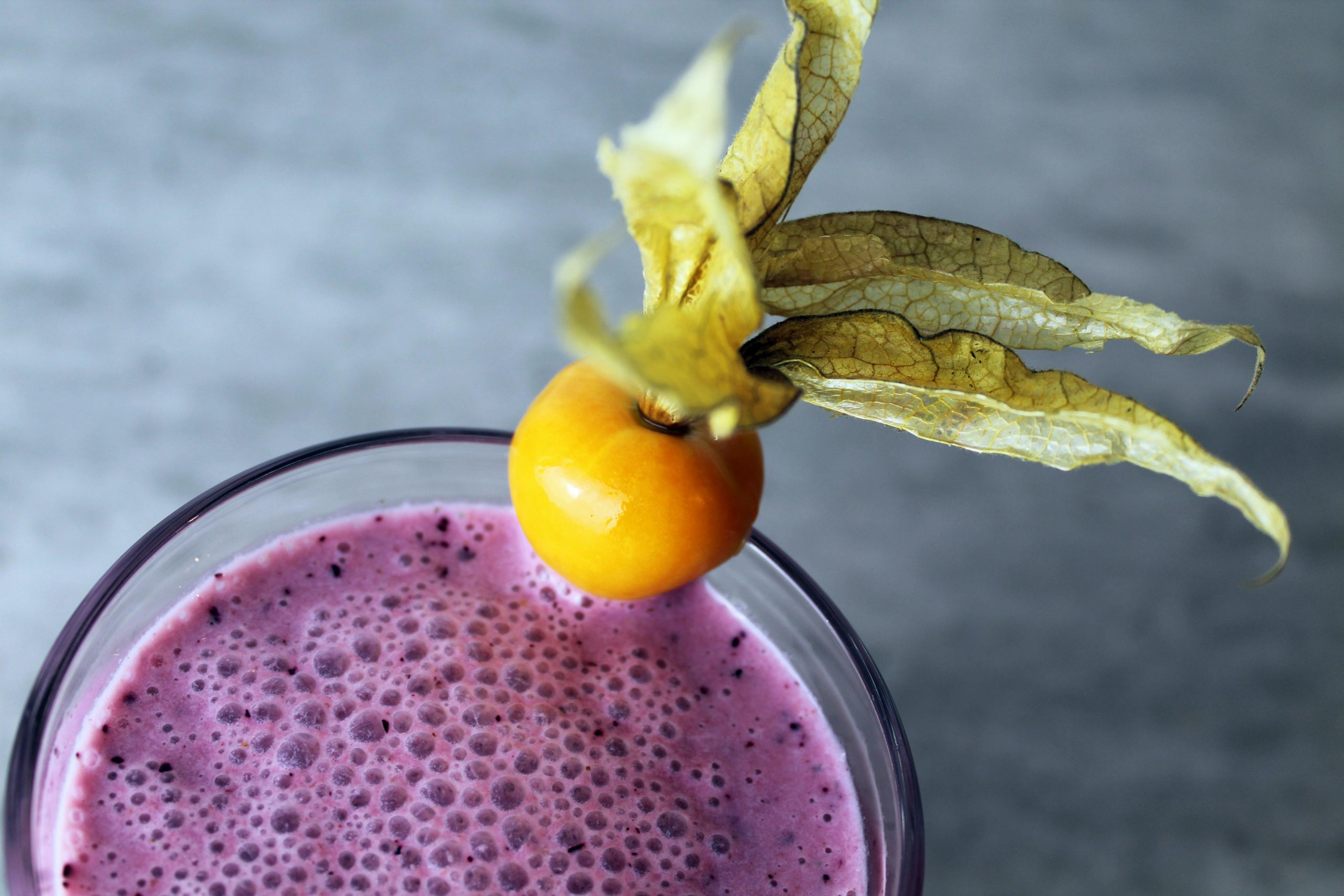Intermittent fasting is the no-effort solution to a healthy lifestyle. The health benefits are endless, but when your 12-16 hours of fasting are over, it’s important to optimize your efforts by eating foods that are nourishing. If you’re reaching for a bowl of cereal, you might find a spike in your sugar levels, which would negate all your efforts after all. Try to introduce nutrient-dense foods that are easily digestible, with some protein and healthy fats.
Here is a guide to kickstart your return to food after intermittent fasting.
Healthy fats
Foods that are high in healthy fats like eggs and avos are perfect to break your fast, especially if your fast ends in the morning. Some eggs and avo make for the perfect brekkie and they are the best way to break your fast early in the morning.

Image credit: Pexels
Fermented foods
Fermented foods like unsweetened yoghurt, kombucha, kefir, sauerkraut, cheese, miso and sourdough are perfect.
Soup
With winter just around the corner, it might be a good idea to cook up a big batch of soup and keep it in the fridge or freeze it, especially if you’re fasting. Be sure to include protein and easily digestible carbs like lentils, tofu and pasta. Steer clear of soups that are made with heavy creams or raw, high-fibre veggies. Soups are perfect for you if your fast ends around lunchtime.
Smoothies
If you prefer to start your day with a little something sweet, smoothies are the best way to incorporate natural sugars and fruity flavours into your day. Smoothies are one of the best ways to introduce nutrients that are lower in fibre.

Image credit: Pexels
Dried fruit
There’s a reason why many Muslim people break their fast with dates. Dates contain concentrated nutrients which is the ideal way to kickstart your eating for the day.
Remember to break your fast with gentle foods. Stay clear of foods that are high in fat, and sugar. Fibre can be a bit too complex for your body to digest right away and might lead to bloating and discomfort in the gut.
ALSO SEE:
Feature image: Pexels

